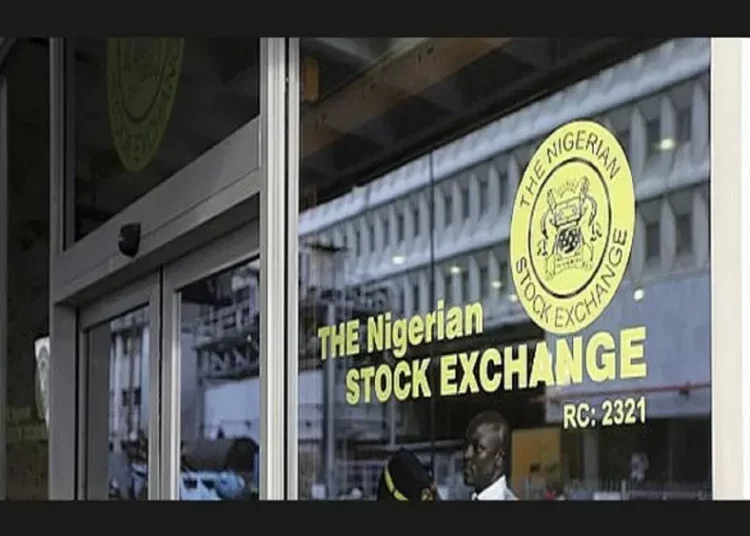The Stanbic IBTC Purchasing Managers Index fell to a seven-month low amid weak demand and price pressures.
The monthly PMI, issued on Monday, showed that the headline figure generated from the survey fell to 50.1 points in June from 52.1 in May, the lowest level in seven months, according to The Punch.
Commenting on the report, the Head of Equity Research West Africa at Stanbic IBTC Bank, Muyiwa Oni, said, “The Stanbic IBTC headline PMI dropped to a seven-month low of 50.1 points in June from 52.1 in May due to moderation in domestic demand amid the intensification of price pressures, leading to slowdowns in growth of output and new orders. Notably, new orders recorded a near-stagnation as new business increased only marginally and at the slowest pace in the current seven-month sequence of expansion.
“Besides, financial challenges at customers reportedly limited the ability of firms to fully benefit from any improvement in underlying demand.
“In line with the picture for new orders, output rose at a slower pace during June, settling at its weakest level in four months. Meanwhile, the rate of inflation in overall input prices remained elevated in June, ticking higher for the second month running to the strongest since March.”
Oni said that over 60% of respondents reported an increase in input costs throughout the month.
“In line with the trend in input costs, companies increased their selling prices sharply again in June. The pace of inflation quickened slightly from that seen in May,” he stated.
He noted that private sector activity was sluggish at the end of the second quarter due to the domestic economy’s exposure to rising pricing pressures, high interest rates, and persistent currency weakening.
“The PMI reading in the quarter is consistent with a likely slowdown in the non-oil sector’s growth to 2.6 per cent y/y in Q2:24 from 2.8 per cent y/y in Q1:24. Nonetheless, headline inflation is likely to peak in June, with moderation expected in H2:24 as the year-on-year effects of PMS subsidy removal (which induced higher fuel prices) and significant currency depreciation (which accompanied the FX unification) fade.
“This, in addition to the commencement of the primary harvest season in September, is likely to provide some respite for consumers in H2:24,” said Oni.
According to the report, while new orders increased in June, the rate of expansion was only modest and the slowest in the current seven-month period of growth.
Also, companies increased their selling prices rapidly again in June, which the report noted was in tandem with a faster increase in input costs.
“Purchase price inflation was recorded amid currency weakness and higher raw material costs, particularly those related to animal feed. Meanwhile, efforts to help workers with increased living and transportation costs led to a further solid rise in wages,” it indicated.
S&P Global compiles the Stanbic IBTC Bank Nigeria PMI based on questionnaire responses from purchasing managers in a panel of approximately 400 private sector firms.










